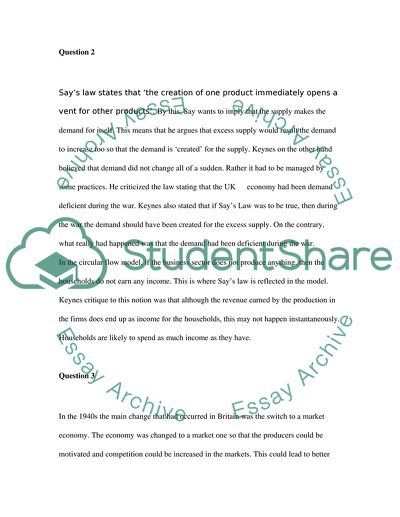Cite this document
(The Evolution of Macro Economics in the UK Assignment, n.d.)
The Evolution of Macro Economics in the UK Assignment. Retrieved from https://studentshare.org/macro-microeconomics/1566327-the-evolution-of-macroeconomics-in-the-uk
The Evolution of Macro Economics in the UK Assignment. Retrieved from https://studentshare.org/macro-microeconomics/1566327-the-evolution-of-macroeconomics-in-the-uk
(The Evolution of Macro Economics in the UK Assignment)
The Evolution of Macro Economics in the UK Assignment. https://studentshare.org/macro-microeconomics/1566327-the-evolution-of-macroeconomics-in-the-uk.
The Evolution of Macro Economics in the UK Assignment. https://studentshare.org/macro-microeconomics/1566327-the-evolution-of-macroeconomics-in-the-uk.
“The Evolution of Macro Economics in the UK Assignment”, n.d. https://studentshare.org/macro-microeconomics/1566327-the-evolution-of-macroeconomics-in-the-uk.


